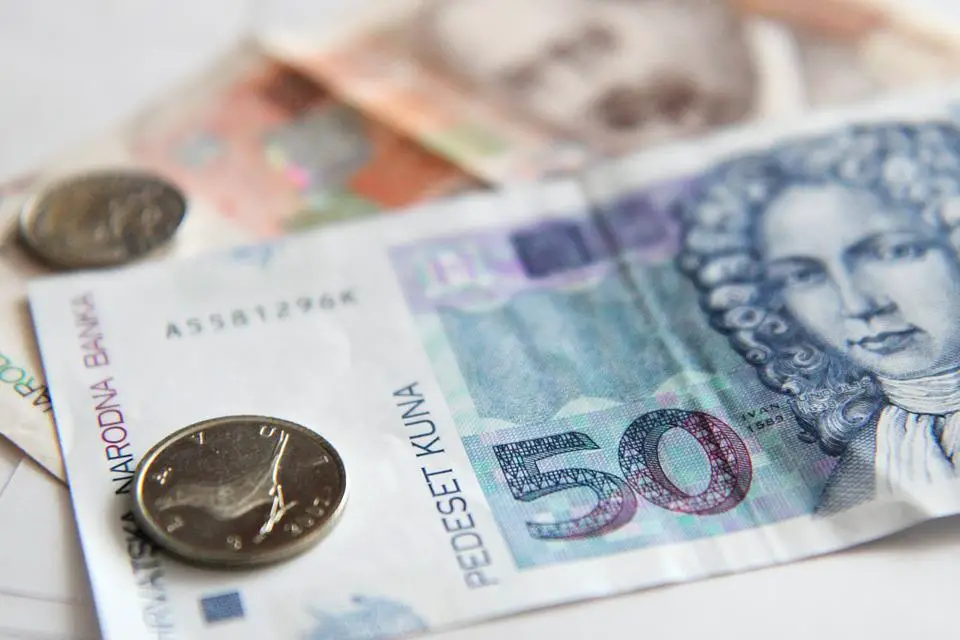As Tomislav Pili/Poslovni Dnevnik writes, the Croatian financial sector isn’t immune to the consequences of the ongoing war in Ukraine, but there will be no big problems because it is strong enough to withstand whatever the outcome may be, according to the Macroprudential Risk Scanner of the Croatian Financial Services Supervisory Agency (Hanfa).
The growth of geopolitical risks caused by the Ukraine-Russian war increased systemic risks in the financial services sector back in February by increasing already pronounced inflationary pressures and disrupting investor sentiment, the publication said.
Risk growth
The beginning of 2022 was additionally marked by the growth of interest rate and market risk, which in the short term had a negative impact on the risk of profitability of the financial services sector, but the level of capitalisation of the Croatian financial sector remains high even in such unpleasant conditions.
“Liquidity in the Croatian financial sector in terms of services during the first quarter of 2022 was maintained at very high levels despite increased pressures on disbursements from some investment funds. The analysis conducted in the analytical report called: ”Do domestic institutional investors behave pro-cyclically?” Showed that in the period from 2014 to 2021, there was no systemically significant search for returns in the financial services sector, despite pressures on profitability in the form of declining returns on bond investments.
Nevertheless, cyclical systemic risks are at elevated levels in the context of pronounced market uncertainties and pronounced structural vulnerabilities of the sector, which are primarily reflected in the increased concentration of investment in domestic government bonds,” they said from Hanfa.
At the beginning of the year, investment funds recorded double the amount of pressure placed on assets in terms of negative market movements, as well as increased disbursements, but to a much lesser extent than back in March 2020.
Their net assets at the end of March were 16 percent lower than they were back at the end of 2021 and amounted to 18.1 billion kuna. Sudden pressures on share payments due to the limited nature of such a recent shock and high liquidity reserves of the funds didn’t manage to undermine the liquidity position of investment funds, the regulator claims.
Negative impacts
Changes across the wider financial market also affected the value of investments of pension funds, whose assets amounted to 139.8 billion kuna back at the end of March, which is a decrease of 0.7 percent when compared to the end of 2021.
The negative impact of market developments on the value of net assets boasted by pension funds partially mitigated the inflow of new funds in the amount of 2.8 billion kuna. Although the domestic stock market in the previous period before the Russian invasion of Ukraine didn’t record record highs and was only marginally exposed to economies subject to sanctions at the end of February, global market corrections and deteriorating market sentiment also affected Croatian capital market prices.
As such, some sectors, whose business relies more heavily on the imports of materials, such as the construction sector, lost up to 10 percent of their value from the end of January in February.
For more, check out our politics section.










